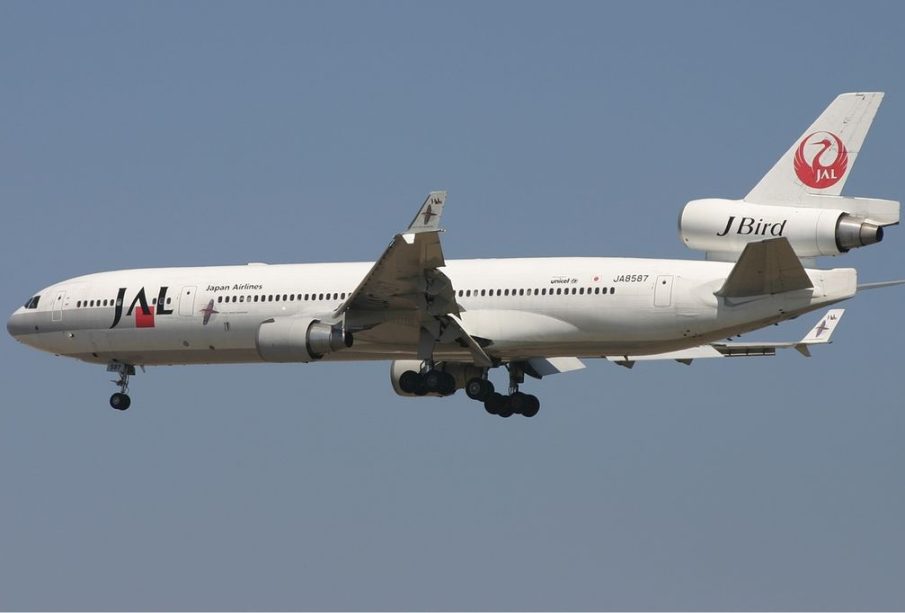Japan Airlines: Innovations and Sustainability Initiatives

Introduction
As one of the leading airlines in Asia, Japan Airlines (JAL) plays a vital role in connecting Japan to the world. With recent developments and a strong focus on sustainability, the airline is taking significant steps to adapt to changing market demands and consumer expectations. This article explores the latest updates on Japan Airlines, including innovations in technology, service enhancements, and eco-friendly initiatives.
Recent Developments
Japan Airlines is continuously evolving, with several key initiatives recently announced. In September 2023, the airline revealed plans to launch its first domestic flights utilizing sustainable aviation fuel (SAF) by mid-2024. This move is part of JAL’s larger commitment to reduce its carbon emissions by 20% by 2030, responding to increasing pressure from both regulators and passengers to minimize environmental impacts.
Along with its eco-friendly approaches, JAL is enhancing passenger experience with the introduction of its new line of aircraft. The Boeing 787-9 Dreamliner, featuring improved aerodynamics and fuel efficiency, is being integrated into the fleet. In addition, the airline has recently upgraded its in-flight entertainment system, now offering a wider selection of movies and music to keep passengers entertained.
Service Enhancements
To adapt to the evolving travel landscape post-COVID-19, Japan Airlines has also improved its health and safety protocols. The airline has implemented advanced cleaning measures, increased air filtration on board, and introduced contactless services for check-ins and baggage drops. These changes are aimed at reassuring travelers and encouraging a safe return to international travel.
Furthermore, JAL is focusing on customer loyalty programs to retain its frequent travelers. The airline introduced a revamped mileage program, which now allows members to earn points not only from travel but also from purchases made through its partner businesses in Japan. This is expected to enrich the overall experience for loyal customers and attract new ones.
Conclusion
In conclusion, Japan Airlines is at the forefront of aviation innovation, with a firm commitment to sustainability and enhancing passenger experiences. As global travel demand continues to rise, the airline’s focus on eco-friendly solutions and improved services positions it favorably in a competitive market. By 2024, as JAL implements its sustainable aviation fuel initiatives and further enhances customer loyalty programs, it expects to not only meet but exceed traveler expectations. This transformation highlights the importance of adapting to new circumstances in the aviation industry, promising a bright future for Japan Airlines and its passengers.








